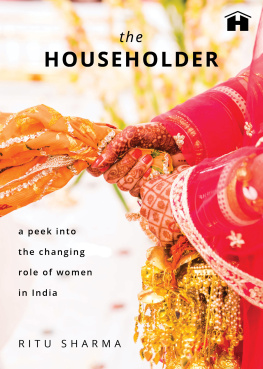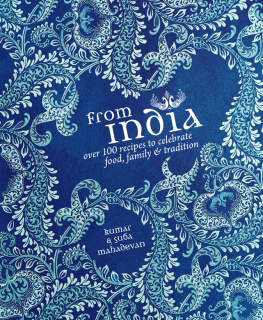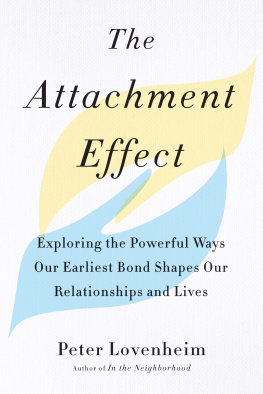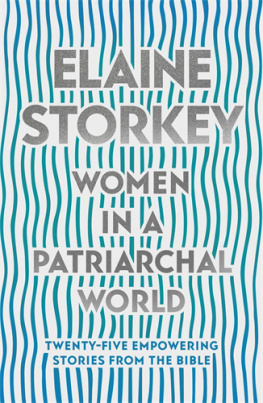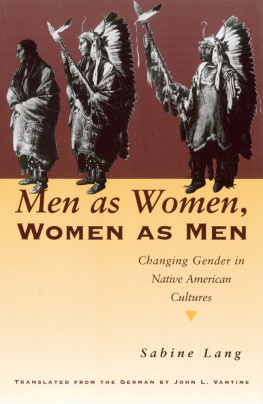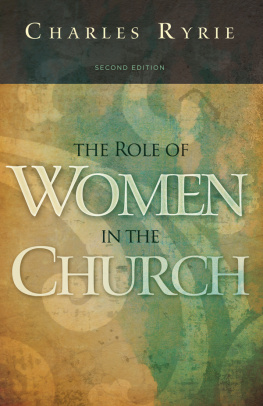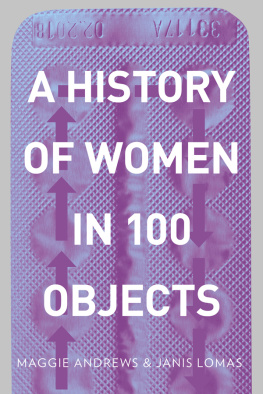Hay House Publishers (India) Pvt. Ltd.
Muskaan Complex, Plot No.3, B-2 Vasant Kunj, New Delhi-110 070, India
Hay House Inc., PO Box 5100, Carlsbad, CA 92018-5100, USA
Hay House UK, Ltd., Astley House, 33 Notting Hill Gate, London W11 3JQ, UK
Hay House Australia Pty Ltd., 18/36 Ralph St., Alexandria NSW 2015, Australia
Hay House SA (Pty) Ltd., PO Box 990, Witkoppen 2068, South Africa
Raincoast, 9050 Shaughnessy St., Vancouver, BC V6P 6E5, Canada
Email:
www.hayhouse.co.in
Copyright 2018 Ritu Sharma
The views and opinions expressed in this book are the authors own and the facts are as reported by her. They have been verified to the extent possible, and the publishers are not in any way liable for the same.
All rights reserved. No part of this publication may be reproduced, by any mechanical, photographic, or electronic process, or in the form of a phonographic recording, nor may it be stored in a retrieval system, transmitted, or otherwise be copied for public or private use other than for fair use as brief quotations embodied in articles and reviews without prior written permission of the publisher.
The author of this book does not dispense medical advice or prescribe the use of any technique as a form of treatment for physical, emotional, or medical problems without the advice of a physician, either directly or indirectly. The intent of the author is only to offer information of a general nature to help you in your quest for emotional and spiritual well-being. In the event you use any of the information in this book for yourself which is your constitutional right the author and the publisher assume no responsibility for your actions.
ISBN 978- 93-86832-48-1
ISBN 978-93-86832-49-8 (e-book)
Printed and bound at
Rajkamal Electric Press, Sonipat, Haryana (India)
To
My Family
CONTENTS
Chapter 1
The Institution of Marriage
Chapter 2
The Classification of Women
Chapter 3
The Epic Emancipation
Chapter 4
The Little Grey Home
Chapter 5
The Concept of Marriage
Chapter 6
The Settlement
Chapter 7
Reality Bites
Chapter 8
The Madame Bovary Syndrome
Chapter 9
The Great Betrayal
Chapter 10
Why Women Cheat
Chapter 11
The Pledge of Fidelity
Chapter 12
Why Men Cheat
Chapter 13
Anatomy Analysis
Chapter 14
The Relationship Matrix
Chapter 15
The Marital Angst
Chapter 16
The Myth of Fidelity
Chapter 17
The Integrated Married Life
Chapter 18
Marriage: An Eye Opener
Chapter 1
The Origin of the Patriarchal Mindset
Chapter 2
The Objectification of Women
Chapter 3
Intelligence and Women
Chapter 4
Love Actually
Chapter 5
The Great Gender Divide
Chapter 6
The Making of a Maharaja
Chapter 7
Boys to Gentlemen
Chapter 8
The Great Gender Barrier
Chapter 9
The Economics of Equality
Chapter 10
Marriage: The Great Escape
Chapter 11
The Modern Fairy Tale
Chapter 12
Women and Their Choices
Chapter 13
Unsuitable Desires
Chapter 14
Beauty and the Beholder
Chapter 15
The Culture of Repression
Chapter 16
Yin and Yang
Chapter 17
Crime and Passion
Chapter 18
The Essence of Marriage
The wife is half the man,
the best of friends,
the root of the three ends of life,
and of all that will help him in the other
world.
The Mahabharata
The institution of marriage goes back a long way. In the Indian mythology, Goddess Shakti, the embodiment of the creative female energy, is determined to make a householder out of the hermit, Shiva, the embodiment of the potent male energy.
By marrying Shiva and initiating him into the sexual act, she makes him acknowledge and interact with the material world. The union transforms the self-immersed hermit into a benevolent and attentive Shankara, a householder, who is responsive to worldly matters and the wild and untamed goddess into fertile and nurturing Gauri.
Together, they embrace the worldly life and embark on the path of the householder which aims at fulfilling the three ends of life (trivarga)piety (dharma), wealth (artha), and desire (kama).
One of the most striking features of the Indian sociology is that the life of an individual was divided into four age-based stages or Ashramas. The first stage or first quarter of life was spent as a celibate student (Brahmacharya Ashrama) that was aimed at preparing the individual for material life. The second stage or second quarter was spent by the individual as a productive householder (Grihastha Ashrama) that aimed at acquiring wealth and enjoying the material and corporeal life. In the third stage, he was expected to live a retired life (Vanaprastha Ashrama) by supporting his son and teaching his grandson. And, in the final stage, he was expected to renounce (Sannyasa Ashrama) the worldly life.
Although all the stages had their perks and limitations, it is the second stage of the householder which has proven to be the greatest challenge to date. For it is primarily during this stage that the three aims of life come into conflict with each other. Though the three aims or goals are set in descending order of importancepiety, wealth, and desire, the underlying basis in the pursuit of wealth and in the indulgence of sexual pleasure is meant to be piety. But as flawed as human nature is and as vulnerable as human will is, desire surfaces its seductive head time and again and poses a threat to the society in general and the socially constructed institution of marriage, in particular.
The society, which is a by-product of civilisation, functions on rules and regulations, roles and responsibilities, and rights and duties. As responsible members of the society, we are duty-bound to adhere to the civilised code of conduct (dharma) that sustains the society. When we disregard them and submit to our primal instincts, seductive passions, unbridled desires, and fantasies, the social order collapses. This leads to the moral decay of the society and causes unrest and chaos.
However, the responsibility of the moral decay and the consequent social upheaval has been directly and singularly attributed and appropriated to a womans character, or rather the lack of it. This attitude reeks of a patriarchal mindset. In the Indian epic Mahabharata, Draupadi, the feisty daughter-in-law of the Kuru dynasty, though legally married to the five Pandava brothers, is accused of being a wanton in the royal assembly. Karna, her (illegitimate) brother-in-law argues that a virtuous woman has only one husband. While it was acceptable for the king and the chiefs to have several wives and mistresses in their harem, a legally married woman was publicly called immoral for having five husbands.
Ironically, in Ramayana, which is signified as the Indian householders epic, the female protagonist Sita, known to be the epitome of female virtue, was abandoned by her husband, Ram. Sita was neither unfaithful in thought nor in deed, but by her mere association with another man (Ravana), her reputation was soiled, and she became a blemish on the royal glory.
It is this hypocrisy of the society, with its dual moral standards based on gender, that has enraged its women. Men have the freedom to choose between a hedonists, hermits, or householders way of life, but a womans role is limited to home-building and child-rearing. Unless the moral paradigm of patriarchy, which indulges its men to have a hedonistic way of life and also to have an authority over a womans sexuality, is checked, the society is bound to collapse by the tilt, sooner or later.

